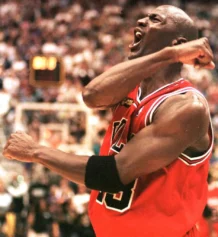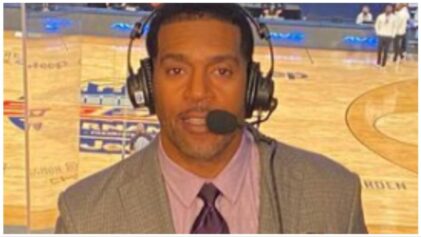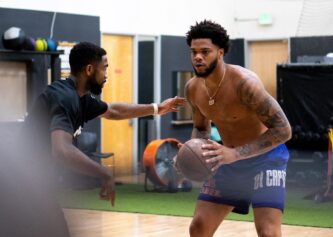Donald Sterling, for all his defiance, still lost his team.
A judge has ruled that Shelly Sterling had the legal standing to decide matters of the family trust on her husband’s behalf, clearing the way for former Microsoft CEO Steve Ballmer, who offered $2 billion for the franchise, to officially take over the team.
Shelly Sterling burst into tears when Superior Court Judge Michael Levanas announced the decision.
“This is going to be a good thing for the city, for the league for my family and for all of us,” she said outside the courthouse. “Come see the Clippers next year.”
Chris Paul, the team’s star guard and coach Doc Rivers said they were considering sitting out if Donald Sterling maintained ownership. Sterling became an embattled figure when phone recordings of him making racially charged comments were released by his girlfriend.
The sale of the Clippers to Ballmer went through on May 29 and was made possible because Donald Sterling was found to be “mentally incapacitated.” According to the terms of the family trust, this gave Shelly Sterling the authority to make decisions on the trust’s assets — most notably the Clippers — without also getting Donald Sterling’s signature.
But Donald Sterling sued in probate court, arguing that the neurological exam was conducted under false pretenses and does not accurately describe his mental state.
The sale window to Ballmer was supposed to close on July 15, but it was extended until August 15 so the trial could finish. Had the judge ruled in favor of Donald Sterling, the window could have expired, forcing the NBA to go through the termination process it was prepared to use until the sale to Ballmer happened.
Were that to succeed, the league would have controlled the team and auctioned it to the highest bidder. But there was a risk that Donald Sterling wouldn’t officially be out of the picture by the start of the season, which is why players suggested they might boycott next season if a favorable ruling didn’t happen.
The trial began in early July, despite attempts by Donald Sterling’s legal team to delay the start. The trial was supposed to focus mostly on the legality of Shelly Sterling’s decision and whether the mental incapacity diagnosis was appropriate, but it eventually veered into other topics, most notably the value of the team should Donald Sterling remain owner.
While Donald Sterling can still sue for monetary damages, he will not be able to appeal the judge’s ruling on ownership as the court ruled 1310(b) was not just for life and death cases, making it a clean sweep for Shelly Sterling.
The judge said the issue of the 1310(b) provision was the hardest issue to decide on, but found it does not apply to just life and death cases as Donald Sterling had argued. The judge said the trust would lose $400 million if the provision wasn’t used and said he believed the “death spiral” theory of interim Clippers CEO Richard Parsons.
Donald Sterling can still sue the trust for monetary damages, but he would essentially be suing himself. As part of an earlier deal with Shelly Sterling, the NBA is indemnified in any lawsuit.


